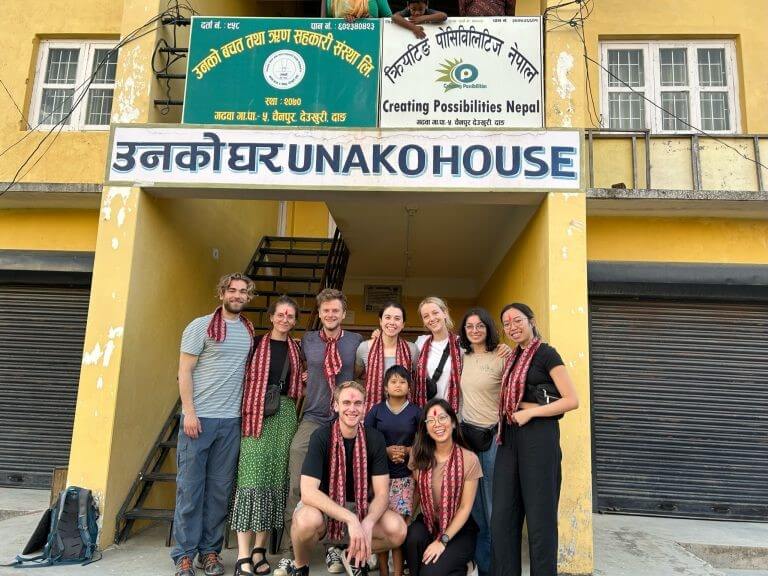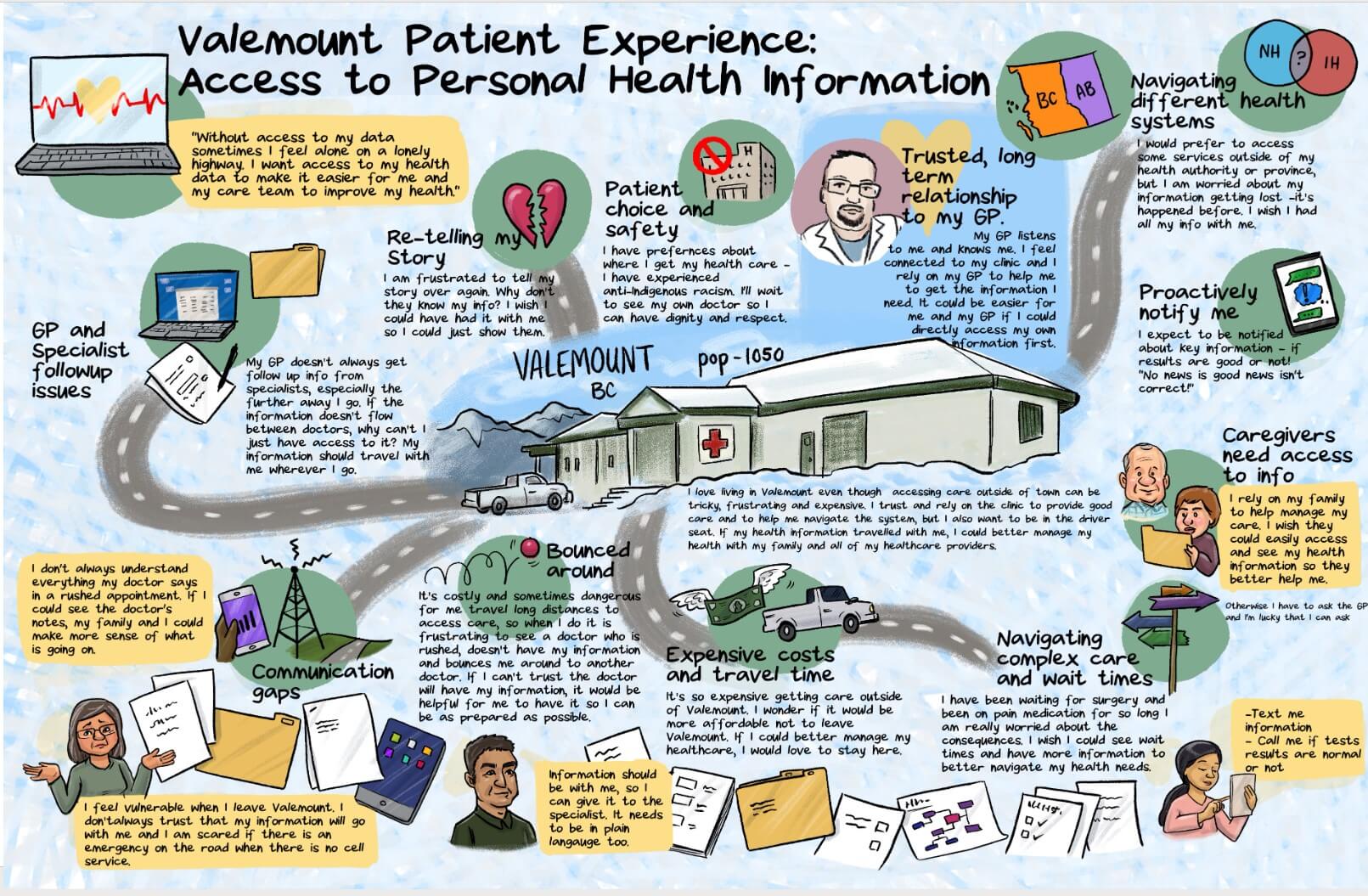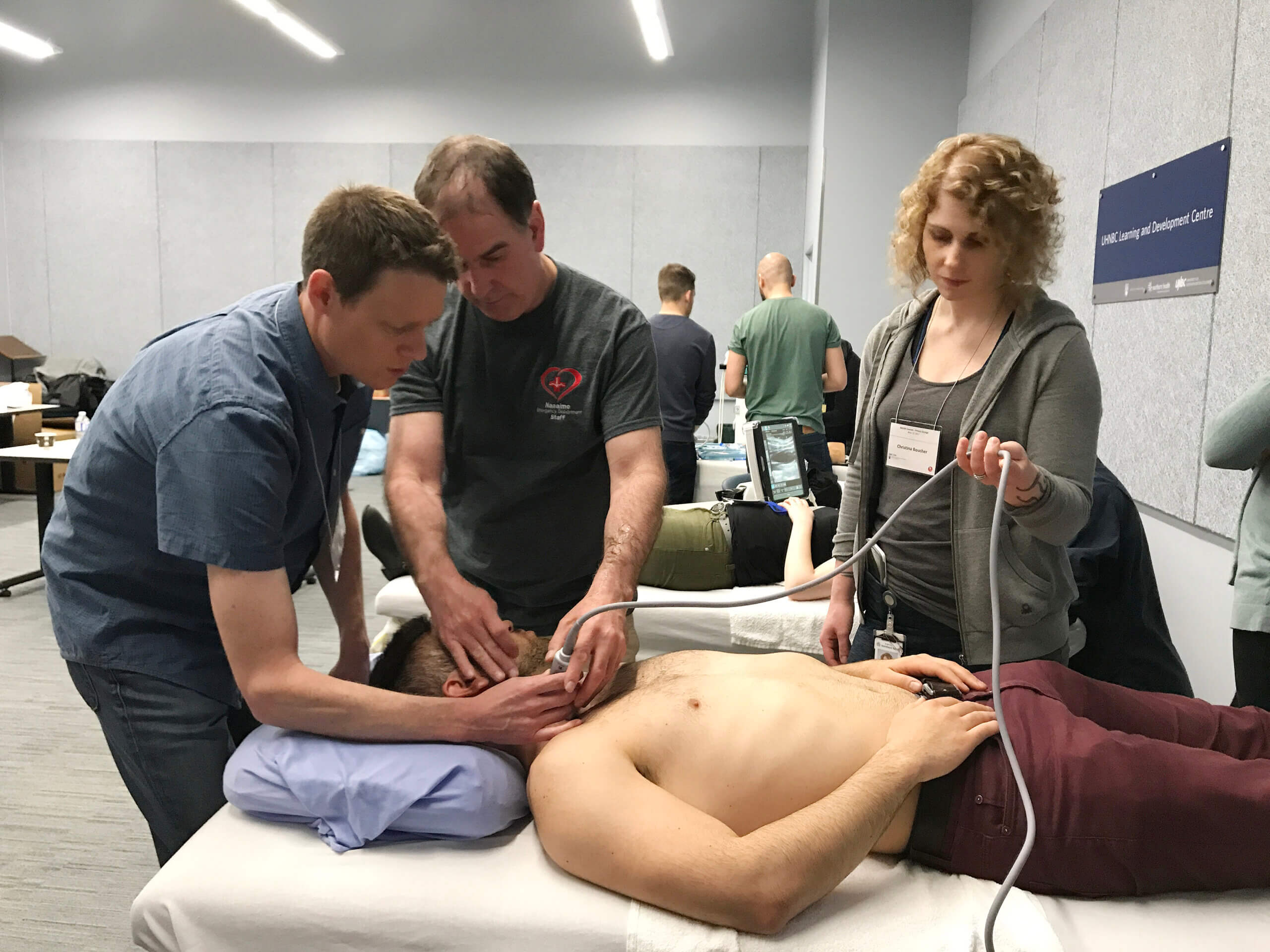The Rural Global Health Partnership Initiative (RGHPI) offers grants to support projects spearheaded by rural BC physicians or medical trainees and their partners based in underserved rural communities in British Columbia, other parts of Canada, or internationally.

“This past year, we completed a needs assessment to identify gaps in pain management in rural Dang which engaged 41 community members and 18 healthcare workers. The data is now being used to inform the development of educational resources that enhance the selection and utilization of pain management options. Thanks to the support of the Rural Global Health Partnership Initiative Grant, we were able to learn from the community while building collaborative relationships. These initial needs assessment has paved the way for future interventions that aim to positively impact people living with pain in the region.”
Explore the numbers
3+ International Conference Presentations
Abstracts and manuscripts were presented at several international conferences, including Carmel Western Medical Student Research Forum, Consortium of Universities for Global Health, Towards Unity for Health.
5 Projects funded
In 2023, the RGHPI grant funded three medical student-led projects and two physician-led projects.
Partnership Work
All funded projects maintain strong partnerships with community-based organizations or those providing services to underserved and marginalized populations, particularly those experiencing the generational impacts of colonialism.
The Nepal projects partner with an NGO in a rural area of Nepal where access to basic services, including health and education is limited. This region uniquely has a high burden of Sickle Cell disease, however, UBC medical students partnered with the NGO, Creating Possibilities, to create a grassroots and sustainable program for screening, diagnosis, and is working towards accessing government supports for treatment options. This project expanded further to support Adolescent Health education for girls and since 2020, a Sexual and Reproductive Health Education program has been delivered to over 800 girls in three rural communities in remote region of Nepal.
The rural health education and service knowledge exchange similarly built upon strong relationships and partnerships with international organizations, Towards Unity For Health (TUFH) and Student Network Organization (SNO) and the Carrier Sekani Family Services to create a valuable exchange of knowledge, aspirations, innovations with students from Brazil, Uganda, BC and Indigenous communities.
The Solar Cooker project introduced the use of solar cookers in a rural area of India, reducing the use of fuel and wood, and ultimately the carbon footprint. Not only did it reduce the burden on women to spend several hours gathering wood, but it also empower the local women and men with skills to maintain and repair the cookers, creating more sustainability.
Making a Difference
Other success projects highlighted are the Nepal Adolescent Girls Health Education Project and India Solar Cooker project.
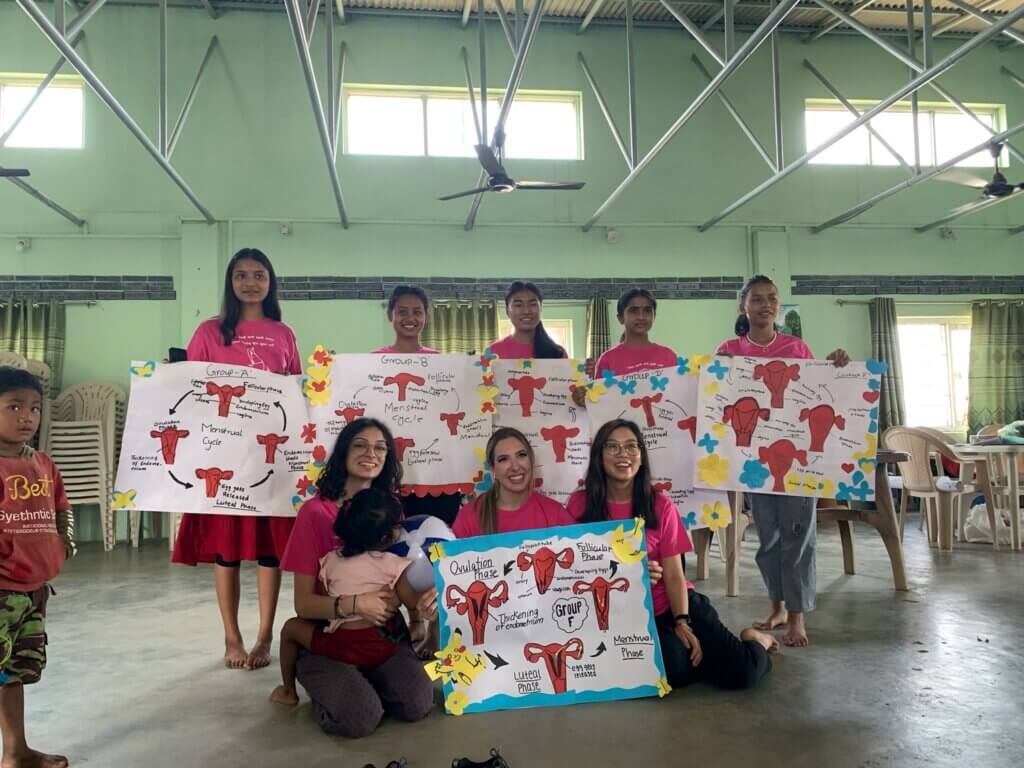
“The main problem is our society. We need to change our mindset, we have to teach our children that gender equality is not only a girl's problem…its everyone's problem.”
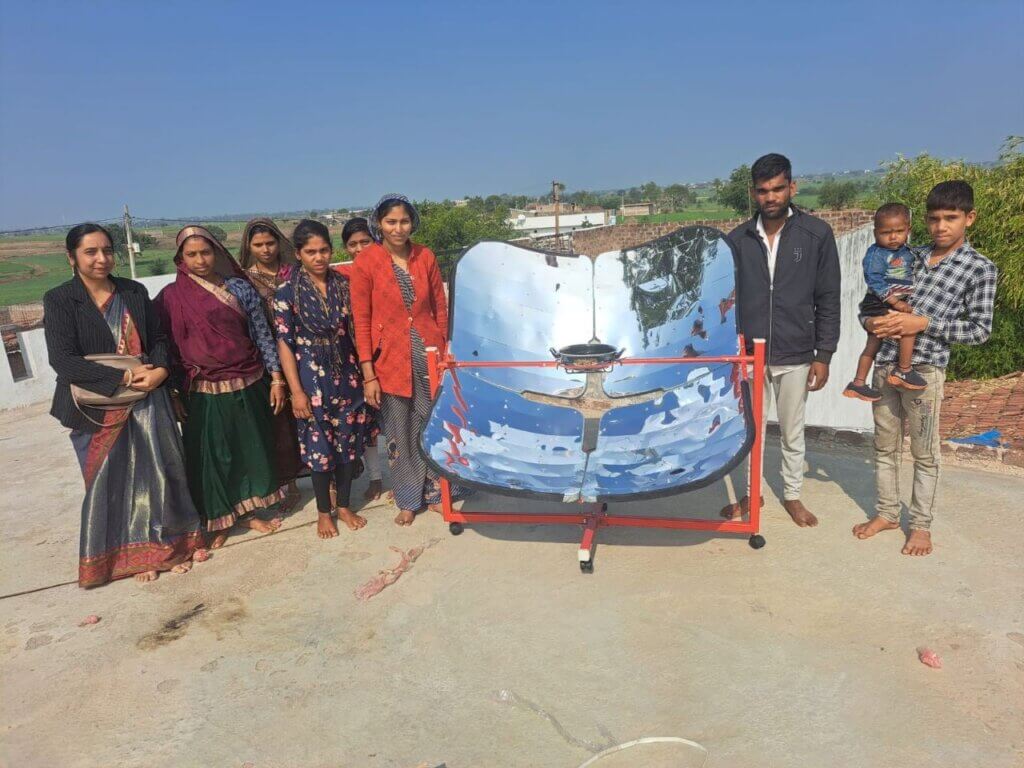
“The women have noticed less sneezing, coughing and red and itchy eyes since they've started using the solar cookers. The men have also been involved in leading the assembly of them.”
Team Members
Click on a team member to explore which other projects they have contributed to in the past year.
Videsh Kapoor
Lead, Rural Global Health Partnership Initiative
Videsh Kapoor’s Projects: Annual Reports

Daniel Harper
Strategic Initiatives Lead
